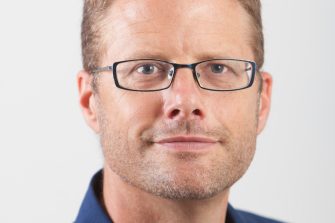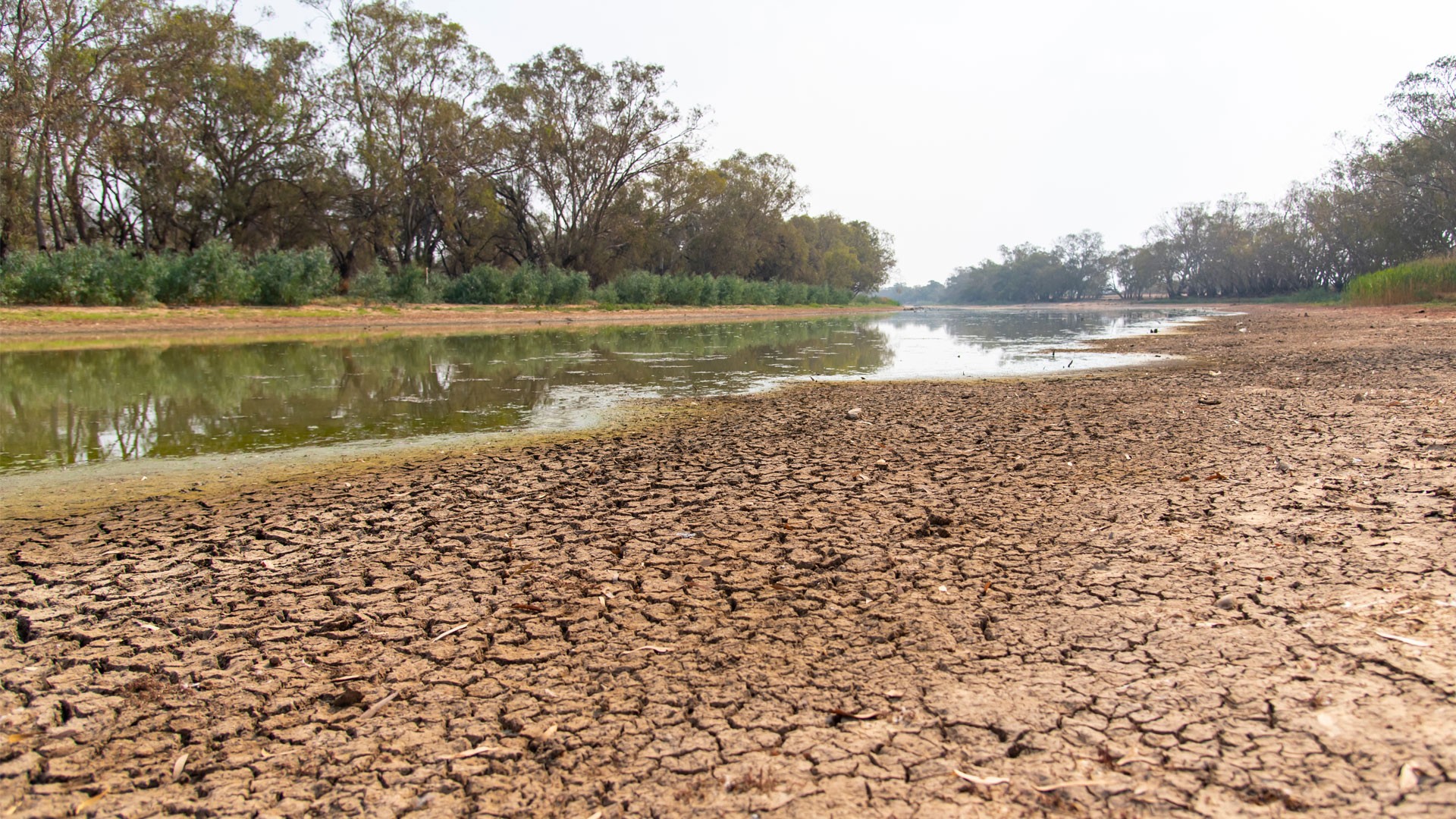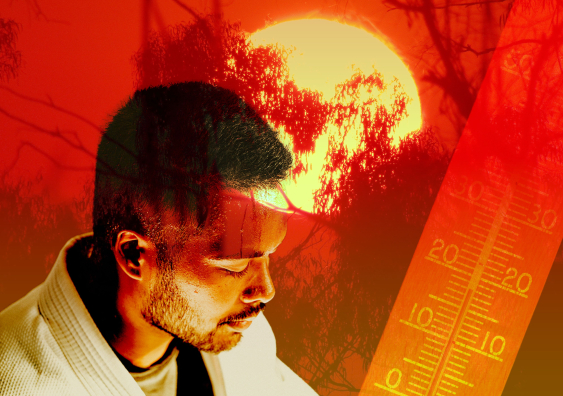UNSW climate scientist elected to world's largest Earth and space science association
2024-12-12T09:00:00+11:00

Prof. Sherwood says his primary focus is figuring out what climate change will spell for future generations.
Photo: Supplied
Professor Steven Sherwood has dedicated his life’s work to unlocking the secrets of the Earth’s atmosphere.
UNSW Professor Steven Sherwood was elected a Fellow to the American Geophysical Union (AGU) in Washington DC overnight.
His decades-long work analysing climate science has addressed two important questions: by how much will the world warm in future? And how readily could we adapt?
Prof. Sherwood’s work has demonstrated how severe global warming and humidity can produce heat stress beyond human tolerance. He's also identified errors in weather balloon data that was hiding warming, and pinpointed how water vapour is mixed in the troposphere and enters the stratosphere.
Prof. Sherwood said clouds and water vapour remained poorly understood but are very important to global climate.
“Tropospheric convection or disturbed weather is a key process by which the atmosphere transports water and energy and in the process creates clouds. It is a turbulent phenomenon for which we have no basic theory, and which observations cannot yet fully characterise,” he said.
The UNSW Science academic leads a research group that applies basic physics and mathematics to complex problems using a combination of simple theoretical ideas and hypotheses and analyses of observations.
“One practical goal of the work is to figure out how climate models might be improved for regional predictions of weather and climate. A more academic goal is just to unlock the secrets of our atmosphere,” he said.
The AGU, which has honoured Prof. Sherwood with this fellowship, is the world’s largest Earth and space science association. Since its inception in 1962, fewer than 0.1 percent of AGU members have been selected as Fellows each year.
UNSW Dean of Science, Professor Sven Rogge, acknowledged the important role AGU Fellows have as external experts, advising government agencies and other organisations.
“Steven’s research has been instrumental in our understanding of the atmosphere and what our future might look like as the climate changes. I congratulate him on this prestigious honour and look forward to his rising influence in the field,” he said.
One practical goal of the work is to figure out how climate models might be improved for regional predictions of weather and climate. A more academic goal is just to unlock the secrets of our atmosphere.
Prof. Sherwood believes climate science has changed from being observationally and process-focused to nowadays relying more on predictions using numerical models.
Prof. Sherwood said his primary focus remains figuring out what climate change will spell for future generations.
“I am motivated to try to clarify what climate change will look like so that society can make wiser decisions about how hard to avoid it,” he said.
“The societal views of climate have of course also changed a lot and there is less hostility to the reality of global warming, but it isn’t gone yet.”
Media enquiries
For enquiries about this story, please contact Stefanie Menezes.
Tel: +61 2 9065 3225
Email: s.menezes@unsw.edu.au







